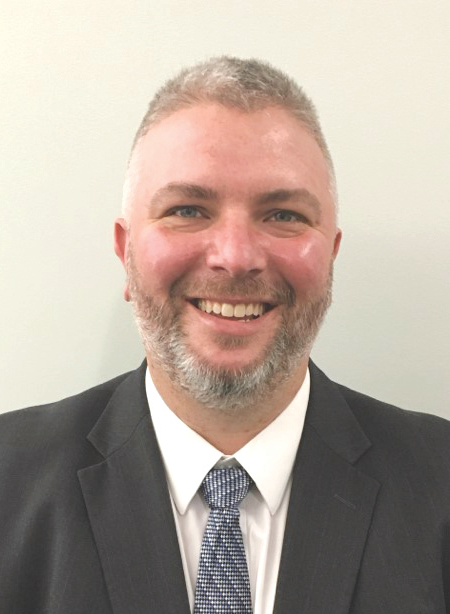New foster care program supports young adults
In April, the New Hampshire Department of Health and Human Services Division for Children, Youth and Families launched the Hope Program, which extends the age limit for foster care in the state from age 18 to age 21. DCYF Director Joseph Ribsam discussed the new legislation and the support it provides for youth in foster care as they transition into adulthood.
Why was the Hope Program created?
The idea is that young people who enter the foster care system who are not able to achieve permanency — meaning, they’re not able to return home and be reunified with their families, or are not able to be adopted into another family — need more support entering adulthood than they would typically get through their 18th birthday. [The program] allows them to continue to have the support of a foster family [which gets financial support through the program] to help them transition successfully to adulthood. … We had the broad support of the [New Hampshire] legislature and the governor in pushing this forward, and it was included in the budget that passed last year. It was really exciting to see everyone come together and be willing to support this type of expansion going forward to make sure that our young folks in foster care have all the advantages that they need to be successful going into adulthood.
How does it work?
It allows youth between the ages of 18 and 21 to stay with a foster family or have the support of a foster family through their time in college. It makes sure not only that they have their housing needs met, but also that they have social and emotional support from a primary caring adult maintained over time. … To qualify, they need to be engaged in some type of productive activity, [such as a] secondary education program or an equivalent such as a GED or HiSET program; an institution for post-secondary or vocational education for at least six hours per week per semester; an activity to promote employment or remove barriers to employment; or working [at least 80 hours a month]. Young people with medical or mental health challenges that impede their ability to maintain those types of activities can also be part of the program. … The program is voluntary, so when a youth turns 18 they can decide to be part of this or not. If they turn 18 and think they’re ready to be on their own and then, six months later, realize they still need extra help, they can come back at that point, too.
Prior to the new legislation, what were some of the biggest challenges facing foster care youth after they turned 18?
For most people, when they turn 18, their families don’t say, “Alright, you’re on your own now.” Their families are still there for them. Many young people in foster care haven’t had that kind of normalcy … The data shows that young folks leaving foster care are at a higher risk of homelessness, having substance [misuse] challenges and not graduating high school or being able to go to college. When you look at jurisdictions that have [allowed] kids [to stay] in foster care longer, you see trajectories moving in a different direction. More young folks successfully graduate high school or get into college and are more likely to avoid the traps of homelessness and things like that.
Have foster care families and youth expressed a need for this program?
Yes. This is something that they have been talking about and needing for quite a long time. … We’ve actually had a number of foster families who, even though they previously didn’t [receive funding] to continue supporting their foster kids after they turned 18, would still allow them to stay in their homes beyond their 18th birthday and try to support them into adulthood. … We also have a group of young adults — some who are still in foster care and others who are alumni of the foster care system — who are really engaged in trying to improve policy for other young folks in foster care. Some of them actually went to the legislative committee and testified on behalf of this idea, and I think that was really compelling and is what ultimately led to the [change in] legislation.
How is fostering a young adult over the age of 18 different than fostering a minor?
The dynamics change as they do in any household where somebody who is legally a minor becomes legally an adult. Young adults need to be taking some healthy risks and making some decisions on their own, but at the same time [foster families] need to maintain appropriate boundaries so that those young adults stay safe during that time. That transition period can be a challenge, but also really rewarding [for the foster family] when they are able to help that young adult succeed on their own.
What is the ideal outcome for young adults who participate in the Hope Program?
Ultimately, we want these young folks to be independent, productive adults who are able to care for themselves, care for their communities and be successful in doing whatever it is they choose to do with their lives. … For young folks who want to go to college, that’s great. For young folks who want to learn a trade, that’s great. For young folks who want to start working, that’s great. It’s about helping them find the path that’s right for them and making sure they have the support to follow it.



